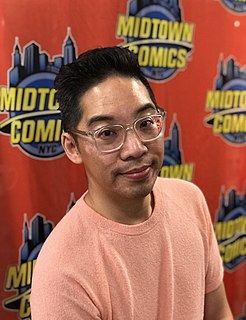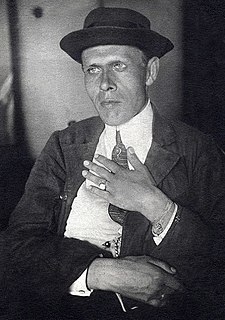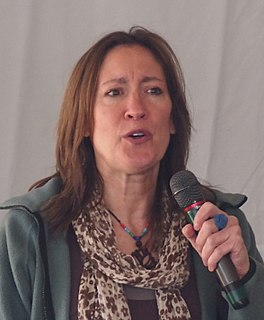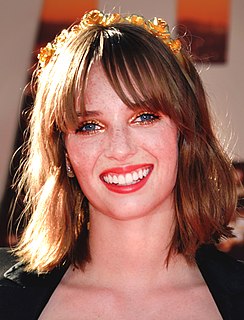A Quote by Cliff Chiang
I'm really happy that more and more people are making their own comics. I remember how daunting it was for me to just put pen to paper, page by page, until you had a finished comic, but the way new creators are doing that and bravely bringing their unique voices and experiences to their work is really inspiring.
Related Quotes
Being a perfectionist is really difficult. You're never really happy with what you're doing, no matter how good it is. When you can just release that pressure and be in someone else's work and still have the respect of those creators to bounce off the page and give your ideas that they can take or leave? I really enjoy that.
A pen is different from the pad, the key, moving your fingers across a screen. I like both. I like to work on sketchbooks, big old white sketch paper. I like how that feels, and I like to put different media on it. Then there's the phone, smartphone, iPad: It's the new page, and it's not the same page anymore.
When I'm writing, it's about the page. It's not about the movie. It's not about cinema. It's about the literature of me putting my pen to paper and writing a good page and making it work completely as a document unto itself. That's my first artistic contribution. If I do my job right, by the end of the script, I should be having the thought, 'You know, if I were to just publish this now and not make it . . . I'm done.
I took my coffee into the dining room and settled down with the morning paper. A woman in New York had had twins in a taxi. A woman in Ohio had just had her seventeenth child. A twelve-year-old girl in Mexico had given birth to a thirteen-pound boy. The lead article on the woman's page was about how to adjust the older child to the new baby. I finally found an account of an axe murder on page seventeen, and held my coffee cup up to my face to see if the steam might revive me.
I lose faith every time I have to start a new page, and this is no joke. I've occasionally been criticized over the past couple of years for publicly "complaining" about how difficult drawing comics is, yet I've only mentioned it so that the younger cartoonists who are trying it out and finding it difficult and painful realize that they're not alone. There's not really any set way of learning how to do this, and it's always a struggle to improve, and, more importantly, see accurately whether or not one's work is communicating any shred of feeling or truth at all.
A book is something that young readers can experience on their own time. They decide when to turn the page. They'll put their arm right on the page so you can't turn it because they're not ready to go to the next page yet. They just want to look at it again, or they want to read the book over and over because they really enjoy setting the pace themselves.
Mo Willems was so helpful. I had met him a number of times, and I knew from his books how funny he was, of course, but it was really neat to be able to have his feedback. He's so great with comic timing. Working with him was like taking a master class in comic timing, because he could pinpoint right away if a section wasn't working. I remember him saying once, "No, you need a beat between this page and this page," and it was like, oh yeah, of course. I hadn't seen it, but being so good at what he does, Mo noticed it right away.
When I discovered that, through acting, you can speak a beautiful language aloud and have a relationship to language that isn't one that's just eyes-to-page, pen-to-page - it's one that's full-bodied, full-voiced, full-heart... it really opened my heart and made me feel like I could be a storyteller.








































